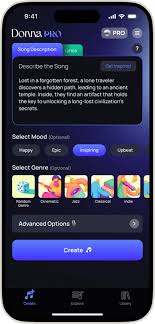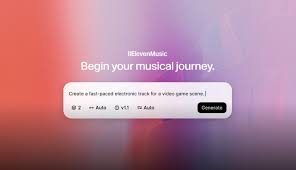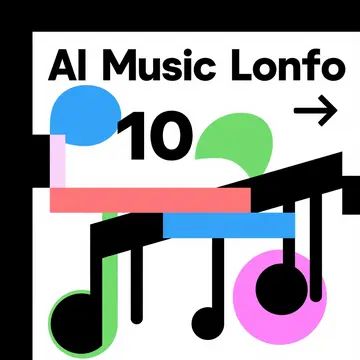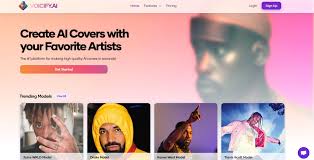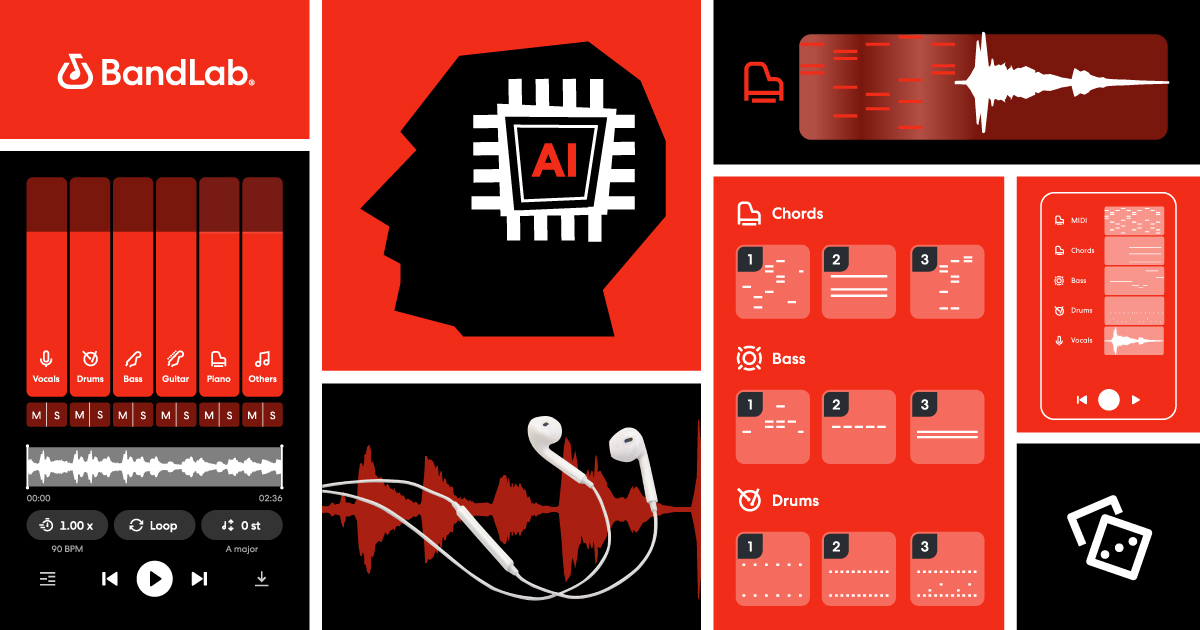?? Introduction: When AI Becomes Your Personal DJ
Have you ever hit "play" on a recommended playlist and thought:
“Wow, this is exactly what I needed”?
You’re not imagining things.
From Spotify’s Discover Weekly to Apple Music’s Listen Now, AI is silently tracking, learning, and curating your listening habits—often better than you can describe them yourself.
This post explores how AI knows your music taste better than you do, the algorithms powering it, and what it means for the future of how we discover music.

?? How AI Learns Your Music Taste
Music streaming platforms use machine learning models trained on millions of data points to map and predict your listening behavior.
?? Key Techniques Behind AI Music Taste Detection:
| Technique | How It Works |
|---|---|
| Collaborative Filtering | Matches you with users who like similar tracks and recommends what they like. |
| Content-Based Filtering | Analyzes features of the songs you listen to—tempo, mood, instruments—and finds similar ones. |
| Natural Language Processing | Reads reviews, artist bios, and lyrics to understand context and meaning. |
| Behavioral Tracking | Tracks skips, replays, volume changes, and even time-of-day patterns. |
By combining all of these, AI forms a dynamic fingerprint of your taste that constantly evolves.
?? Real Case Study: Spotify’s AI-Powered Discover Weekly
Spotify’s Discover Weekly uses both collaborative filtering and deep learning to create weekly personalized playlists.
User Insight:
A 2023 study by the University of Amsterdam showed that 76% of Spotify users reported discovering songs they loved in Discover Weekly—many they’d never think to search for.
?? Key Finding: The algorithm’s recommendations felt more “in tune” with their mood than their own manual playlists.
?? Why AI Gets It Right—Even When You Don’t
1. You Don’t Always Know What You Like
AI can analyze patterns in micro-genres, lyrical sentiment, or instrumental intensity—things you're not consciously aware of.
2. It Remembers Everything
While you might forget the name of a track you liked two months ago, the AI doesn’t. It uses your full listening history to detect long-term trends.
3. It’s Not Biased by Mood
AI can track your mood patterns based on time of day, weather, or song energy—and adapt without overthinking.
?? Examples of AI Music Taste Profiling in Action
| Platform | AI Feature | Description |
|---|---|---|
| Spotify | Discover Weekly, Daily Mix | Personalized based on listening history and user cohorts |
| Apple Music | Listen Now | Combines editorial and machine learning curation |
| YouTube Music | Your Mix | Recommends based on watch + listen data |
| Tidal | My Mix | Fuses user behavior with audio analysis for audiophile-focused results |
?? Tools That Use AI to Analyze Your Music Taste
Want to peek behind the curtain of what the AI sees?
Obscurify: Shows how unique your Spotify taste is and which genres you lean toward.
Spotify Pie: Breaks down your listening into a “genre pie” chart.
Moodify: Uses AI to create playlists based on emotion, energy, and mood parameters.
These tools often use open APIs combined with sentiment and audio feature analysis to visualize your taste profile.
? FAQ
Q: Can AI really “understand” emotions in music?
A: Not in a human sense, but AI can detect audio features and metadata commonly associated with emotional states (like tempo, key, lyrics, or energy).
Q: Is my listening data safe?
A: Most major platforms anonymize and secure data, but privacy concerns remain. Check your platform’s data policy to opt out of AI personalization if desired.
Q: Can I “train” the algorithm to improve suggestions?
A: Yes—skipping, liking, or replaying songs helps teach the algorithm what you prefer.
Q: What’s the risk of AI music bubbles?
A: Echo chambers are real. You may get stuck in a narrow taste profile unless you deliberately explore outside your AI recommendations.
?? Final Thought: Are You the Listener, or the Listened-To?
In today’s AI-driven music landscape, you’re not just choosing songs—songs are choosing you.
Whether you're building a mood-based playlist or discovering an underground gem, it’s not magic. It's data.
And as these algorithms improve, one thing’s becoming clear:
AI doesn’t just know what you like—it knows what you’ll love next.

